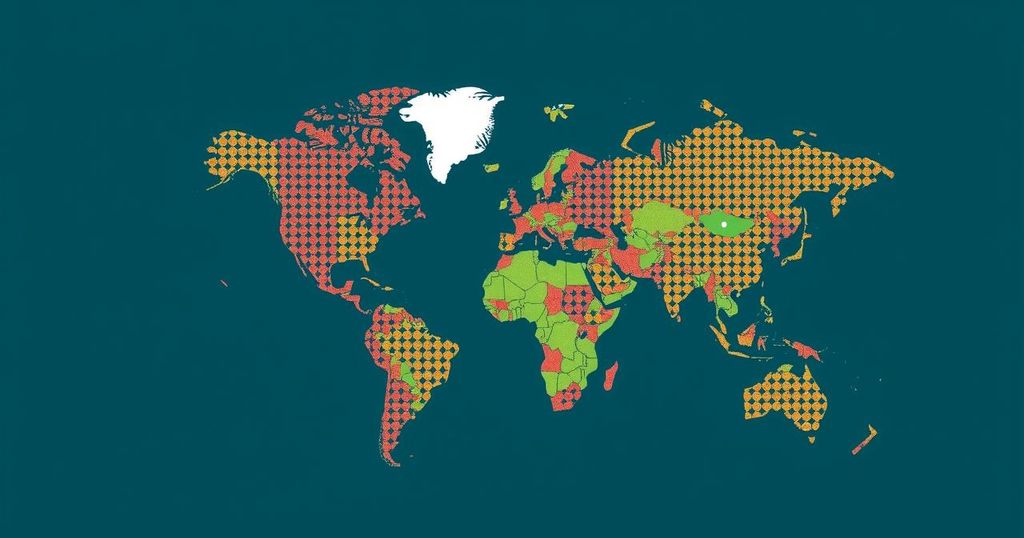The COP29 climate summit’s draft proposal calls for developed nations to provide $250 billion annually by 2035 to aid poorer nations in combating climate change. This suggestion has met significant criticism, with concerns over its adequacy and the reluctance of wealthy countries to expand the contributor base. A goal of $1.3 trillion annually is also set for climate finance, raising further discussion on feasible funding solutions.
The COP29 climate summit presidency has presented a finance proposal stating that developed nations should provide $250 billion annually by 2035 to assist developing countries in combatting climate change. This proposal has been met with criticism from various stakeholders and reflects the ongoing divide between affluent nations hesitant to commit substantial funding and developing nations advocating for increased financial support. On the sidelines, multiple negotiators have expressed that this proposed amount does not adequately address the financial needs of affected countries and may hinder progress at the summit.
Participants at the summit in Baku, Azerbaijan, seek to establish a comprehensive financing strategy to tackle the global climate crisis. The discussions are accompanied by concerns that the proposed funding may be insufficient. Juan Carlos Monterrey Gomez, the climate change representative from Panama, articulated his frustration, stating that, “It feels that the developed world wants the planet to burn.” He deemed the proposed amount as woefully inadequate given the urgent need for substantial investment.
Simultaneously, a European negotiator remarked that the draft deal overshoots the reasonable expectations regarding financial commitments while undershooting efforts to expand the pool of contributing nations, expressing discomfort with the notion of the proposed amount due to its high cost and limited contributor base. The draft aims for an overarching goal of mobilizing $1.3 trillion in climate finance annually by 2035, inclusive of public and private contributions, in line with economic recommendations for developing nations.
Achieving consensus on this financing gap between governmental promises and private sector contributions remains a challenging endeavor, as negotiations continue. With the summit approaching its conclusion, U.N. Secretary-General Antonio Guterres has urged for a concerted effort to secure a meaningful agreement, emphasizing that “failure is not an option.” However, there are cautions voiced regarding the distance left to bridge expectations from various nations, as highlighted by Fiji’s negotiator, Daniel Lund, who cited that the proposal still reflects a deficit compared to the actual needs of the developing world.
As the two-week conference continues, the need for a fair distribution of climate finance remains pressing, with the hope that negotiators can align on a solution facilitating adequate funding in support of global efforts to combat climate change.
The COP29 climate summit represents a critical juncture for international negotiations on climate finance, particularly focusing on the commitment of wealthier nations to support developing countries in their efforts to mitigate the adverse effects of climate change. The draft proposal put forth at the summit indicates an increasing recognition of the financial obligations borne by developed nations. However, the discourse highlights significant disagreements regarding the adequacy of proposed funding levels and the need for a wider range of contributors.
In summary, the discussions at the COP29 climate summit underscore the complexities surrounding international climate financing, particularly the dichotomy between expectations and offers regarding financial contributions. Stakeholders remain divided regarding the proposed funding levels, with many advocating for more substantial commitments from wealthier nations. The urgency of achieving a comprehensive financing strategy reflects the critical nature of the climate crisis, necessitating consensus among participating countries to ensure effective action against climate change.
Original Source: stratnewsglobal.com






